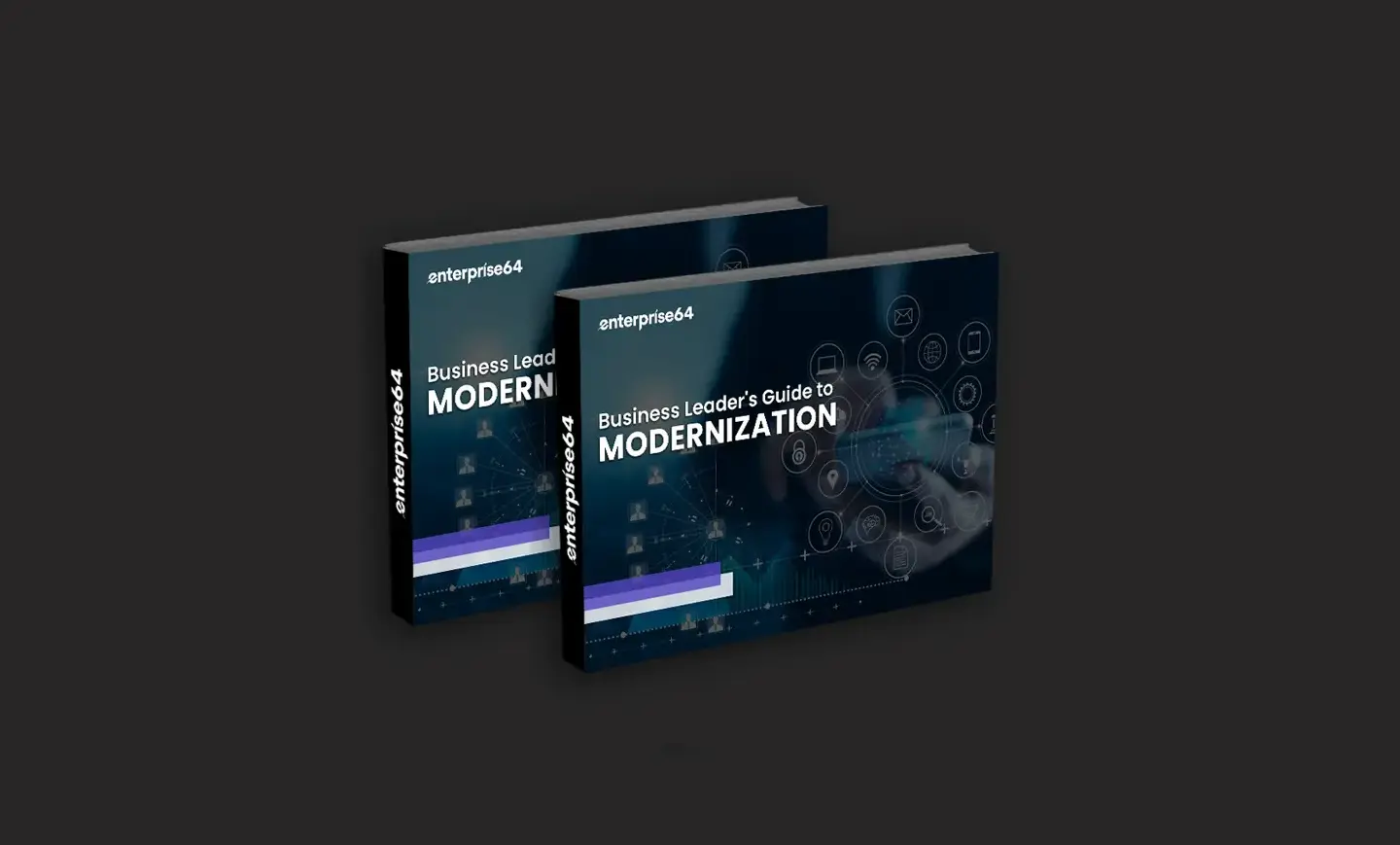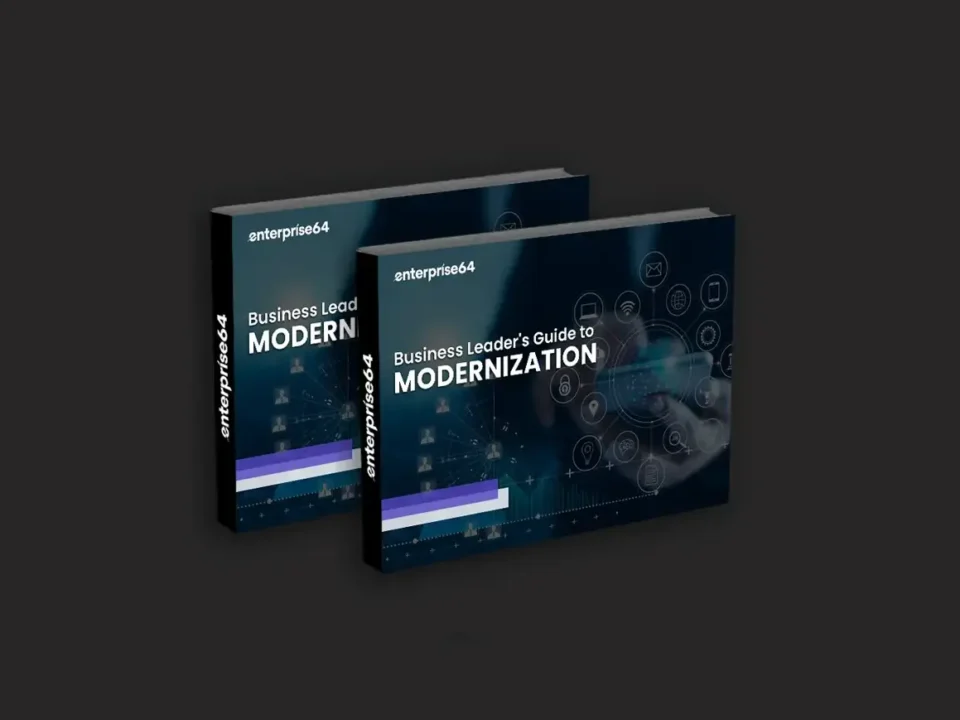Use Cases, Benefits and Strategic Implementations for CEOs
Is your healthcare company a part of the $20.7 billion industry that will reach almost $188 billion by 2030? If not, then it’s time you learn the use cases and implementations to become a part of the thriving billion-dollar industry.
Leaders in the healthcare sector are witnessing the potential of artificial intelligence and how it simplifies the lives of patients, doctors, and the administrative team in less time and at a fraction of the cost.
In this blog, we’ll learn how artificial intelligence isn’t just revolutionizing treatment but reshaping lives too.
AI use cases in healthcare
Precision in medical diagnoses
Every year, thousands of patients suffer from preventable diseases and ailments, leading to many deaths. This is why the need for accurate diagnosis is so important.
Hence, AI-based healthcare applications can precisely predict and diagnose diseases at a faster rate. Moreover, it ensures complete medical histories are recorded, and large caseloads are appropriately handled leading to fewer human errors.
Speeding up the drug discovery
The drug development industry incurs massive development costs and research consuming thousands of human hours.
According to CB Insights, each drug under clinical trials costs around $1.3 billion, and only 10% of those drugs successfully make it through the market.
AI is speeding up the drug discovery process, figuring out any side effects, and identifying the best candidates for clinical trials.
Quality patient experiences
In-patient experiences are often troublesome when healthcare companies, hospitals, and clinics have a large customer base, and problems like inadequate digital correspondences are not uncommon.
AI-based solutions can help schedule reminders and offer personalized healthcare tips to patients.
In doing so, hospitals register increased numbers of patient visits, leading to better treatments and consultations, and more business.
Efficient data management
Even top-quality information is prone to get lost within the digital abyss of trillions of data points.
This is especially critical when it comes to the ability to connect multiple data points for the development of new drugs and preventive medicine and managing HIPAA compliant workflows.
Hence, AI-powered tools have the capacity to handle massive workloads, break down data silos, and connect information touchpoints in no time.
The purpose is to reduce costs and save time for repetitive administrative processes, leading to efficient data management and patient experiences.
Pain points of interest—a CEO’s perspective
CEOs in the healthcare business have their fair share of problems to discuss related to managing their companies.
Hence, they seek robust tech solutions for different issues, including patient outcomes, operational efficiencies, and company profitability.
Here are some major pain points and how AI solutions can help leaders acknowledge these challenges.
Soaring healthcare costs
Poorly managed healthcare organizations face unnecessarily rising costs, mainly related to staffing, on-site equipment management and maintenance, and tedious and repetitive processes.
CEOs can leverage AI-based solutions to streamline the supply chain, manage resource allocation, and automate repetitive administrative processes like claims and bill processing. This will help improve the overall operational efficiency.
Understaffed problems and burnout
The healthcare business is often plagued with problems like staffing and labor shortages of skilled workers. An understaffed workforce, burnout, and high turnover rates can affect quality services and enhance operational expenses.
Artificial intelligence solutions can be a lifesaver for businesses struggling with tedious, repetitive tasks. Hence, AI automates routine tasks, such as data entry and administration work, and conduct preliminary diagnoses.
The purpose is to allow the workforce to focus more on patient experiences and address other important issues. Moreover, AI-powered data analytics helps forecast staffing needs and optimize schedules and appointments.
Technology integration and interoperability
Although the healthcare business has a certain degree of technology incorporated into its systems and processes, but the integration of new tools and technology into existing systems still poses a major challenge.
In addition to that, applications working seamlessly across different platforms and organizations are crucial too.
AI and ML-based tools can effectively integrate technology by standardizing data formats and enabling correspondences between disparate systems. This eventually leads to a more cohesive network where stakeholders are empowered to make smooth decisions for healthcare and consolidate patient records.
Strategic decision making
Business leaders in the healthcare space often find it difficult to make strategic decisions due to numerous factors and complexities involved, including market conditions, competitors, consumer demands and trends, digital advancements, investment opportunities, operational improvements, and emerging markets.
Whereas advanced data analytics, predictive insights, and situation-based modeling help CEOs make sound decisions based on concrete facts and figures and not solely on intuition.
Regulatory compliance and risk management
Healthcare businesses must comply with the industry standards; they can’t risk playing with someone’s health and personal well-being.
This is why the compliance and standards in the healthcare sector are constantly changing and evolving. And noncompliance instances put companies at the risk of heavy fines and penalties.
AI-driven solutions can effectively monitor and ensure compliance with industry rules and standards by automatically updating the changes and notifying leaders on how and when to implement them.
Furthermore, AI can also predict areas and situations of increasing risk, encouraging associated personnel to proactively function and alleviate repercussions.
Lessons learned!
Given the use cases and the pain points we have stated above, CEOs and business leaders can do with the lessons on how AI can deliver for healthcare retailers.
Close the ecosystem
Cybersecurity issues happen when information is shared across the endless spectrum of the web, making AI’s efforts for data management a massive challenge.
For example, you can replace credit card information or personal banking details, but personal healthcare information stays on the web forever.
For maximum security, all kinds of healthcare details need to be better managed and controlled. Hence, a closed infrastructure creating a holistic ecosystem of tools and services ensures that the least amount of information leaks, and it stays within the company’s system.
In doing so, healthcare professionals find it easier to access patient data, distribute insights, communicate efficiently, and manage essential workflows for top-tier patient experiences.
Make AI your ally
Patient and practitioner safety are the foremost concerns for any business leader in the healthcare space. Therefore, looking at AI as an opportunity for responsible implementation is essential.
CEOs ask the following questions before incorporating AI into their organization: Is AI secure to execute? What kind and level of data clearance do we have? Are we adhering to the appropriate use and compliance standards of AI implementation?
Due to the sensitivity and expectations in the healthcare industry, you can’t simply put prompts and extract data from tools like ChatGPT and risk displaying confidential information online.
Therefore, using AI as a close aide and not a substitute is a wise decision. Still, consider your choices when choosing the right tools and processes for your organization.
FAQs of healthcare technology
What are the biggest technology trends shaping the healthcare sector?
Some major technological trends in the healthcare sector include AI, ML, telemedicine, the Internet of Medical Things (IoMT), blockchain for health data security, and advanced data analytics. These technological advancements are shaping patient care and experiences, operational productivity, and personalized medicine workarounds.
How do AI and ML improve patient care?
AL and ML technologies can analyze large amounts of data to understand patterns that are not possibly easy for humans. This efficiency helps in early diagnoses, making more personalized treatment plans, and performing better prognoses. Also, AI and ML tools help enhance the quality of imaging diagnostics, drug discovery, and performance of patient management systems.
How does the Internet of Medical Things (IoMT) influence healthcare services?
Organizations use the Internet of Medical Things to connect medical devices and tools with healthcare information systems. The activity helps teams monitor patients’ health metrics in real time, allows patients to reduce their frequency of hospital visits, improves the accuracy of patient assessments, and facilitates proactive healthcare management.
What are the data security challenges involved, and how to address them?
Data protection, patient information confidentiality, and compliance with regulations like HIPAA in the US are among the top data security challenges today. Healthcare organizations can address them through robust digital solutions using measures like encryption, blockchain technology, and data storage solutions, and perform routine security audits for protection against data breaches.
What is the role of blockchain in healthcare?
Blockchain technology comes with decentralized security and transparency features that assist in managing records and compliance and ensuring data security between different departments and patients. Additionally, the technology can potentially affect supply chain management by tracking and validating the logistics of pharmaceuticals and associated organizations.
What is the ROI of investing in healthcare technology?
The ROI can significantly vary depending on the type of digital solutions you opt for and your implementation strategy. Integrating healthcare technology results in better operational efficiencies, reduced costs over time, and quality patient satisfaction and experiences, eventually leading to better financial performance.
Final thoughts!
Integrating artificial intelligence in the healthcare sector isn’t just a future possibility anymore, but a mighty reality that is serving medical professionals, healthcare management, and business leaders alike.
From enhancing the precision of medical diagnoses to accelerating drug discovery and improving patient experiences, AI is here to prove a point.
Additionally, it addresses some of the key challenges faced by healthcare CEOs, such as soaring operational costs, understaffing issues, integration of advanced technology, etc.
Despite the benefits offered, I believe AI implementation must be approached with caution, ensuring security, compliance, and optimal use of data to safeguard patient privacy and improve healthcare outcomes.










